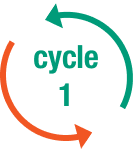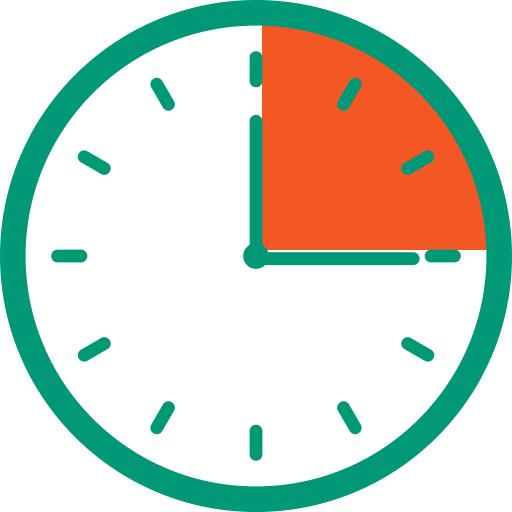Prior to first dose: Cycle1

*In the clinical studies, patients had a left ventricular ejection fraction ≥ institutional lower limit of normal as measured by multigated acquisition scan or
2-dimensional echocardiography within 28 days prior to the start of therapy. No clinically significant abnormalities on a 12-lead electrocardiogram.2
Review and record the parameters below prior to each dose of ELZONRIS administration. Alert the treating physician if any of the parameters below exceed the limits for dose modification per the recommended dose modification guidelines and CLS management guidelines.1
| Parameters | Clear All |
|---|---|
| Body weight (kg) | |
| Systolic blood pressure (mmHg) | |
| Heart rate (bpm) | |
| Body temperature (°C) | |
| Serum albumin (g/dL) | |
| Aspartate aminotransferase [AST] (U/L) | |
| Alanine aminotransferase [ALT] (U/L) | |
| Serum creatinine (mg/dL) |
Recommended dosage of ELZONRIS1:

12 mcg/kg/day administered intravenously via a syringe pump over 15 minutes once daily on days 1 through 5 of a 21-day cycle.

Dosing delays may be extended up to day 10 of the cycle.
The total infusion time will be controlled using a syringe pump to deliver the entire dose and the 0.9% Sodium Chloride Injection, USP flush over 15 minutes.
ALT, alanine aminotransferase; AST, aspartate aminotransferase; CLS, capillary leak syndrome.
- References:
- ELZONRIS [prescribing information]. New York, NY: Stemline Therapeutics, Inc.; July 2023.
- Data on file. Stemline Therapeutics, Inc.





